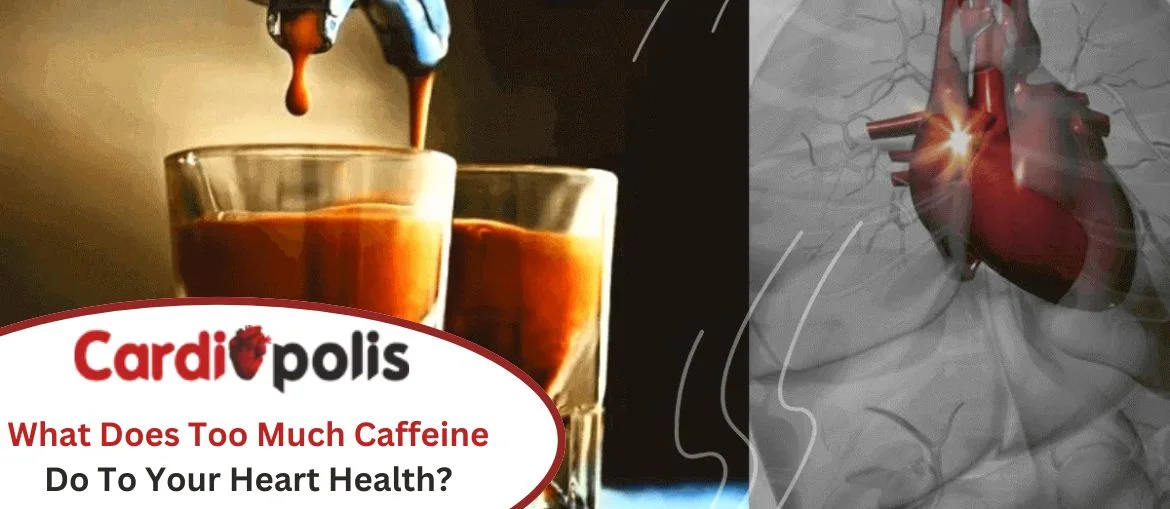Caffeine is one of the most consumed stimulants found in the world. This is found in coffee, tea, energy drinks, and even chocolates. Taking in caffeine is like a daily ritual for many when it comes to an energy booster. Though it should be noted that moderate consumption of caffeine is never a problem and eventually is good for health. Taking in excessive caffeine can impact heart health in many ways.
How Caffeine Affects Heart Health?
Caffeine works with the nervous system, which increases alertness and reduces fatigue. It also blocks the sleep chemical and releases more of the energy hormone.
1. Increased Heart Rate
Caffeine stimulates the nervous system, which can increase heart rate. For moderate caffeine consumers, this effect is mild and short-lived. However, when you consume excessive amounts of caffeine, this results in a condition in which the heart beats faster than usual. This type of changing heart rate can strain your cardiovascular system. Over time this strain leads to the fatigue of heart muscle and increases complications.
2. Blood Pressure
Caffeine raises blood pressure by constricting blood vessels and releasing adrenaline, a stress hormone. While this effect is minimal in healthy individuals, it can be more pronounced in individuals that have hypertension and sensitivity to caffeine. Overconsumption of caffeine can lead to high blood pressures that lead to cardiovascular issues such as heart attacks and strokes. For people that have hypertension, caffeine intake should be minimized for optimal health.
3. Irregular Heartbeats
Excessive caffeine intake can lead to irregular heartbeats. These irregularities can include palpitations, sensations, and skipped beats. Though it should be noted that palpitations are not dangerous and can be concerning for individuals that have issues related to heart health. Such complications can disrupt heart health, leading to chest discomfort and even dizziness. Individuals who consume caffeine and then experience irregular heartbeats should consult a healthcare professional.
4. Short-Term Symptoms
When you consume too much caffeine, your heart signals your body in such a manner that you’ll know something is wrong with your body. Some of the common symptoms are:
- Rapid heartbeat
- Chest pain
- Dizziness
- Shortness of breath
- Sweating
- Nervousness
5. Caffeine Sensitivity
The effects of caffeine of heart vary among individuals and is influences by many factors:
- Age: Older adults may metabolise caffeine more slowly, leading to long term effects.
- Genetics: Some individuals are genetically predisposed in such a manner that metabolize caffeine quickly, while others take extra time.
- Heart conditions: If you have any sort of heart health issues such as hypertension, high blood pressure etc, then small amount of caffeine is just right.
6. Safe Consumption Of Caffeine
- You should keep track of how much caffeine you drink daily from all sources, such as sodas, coffee, tea, energy drinks, etc.
- Don’t take in caffeine at least 6 to 8 hours before going to bed, and this way you will have a peaceful and restful sleep.
- Taking caffeine in large amounts can lead to dehydration, and this has a bad impact on heart health.
- Make sure that you pay attention to how your body reacts to caffeine and reduce your intake if you are facing some serious health concerns.
So, it is true that taking in too much caffeine can play with your heart health. Everything should be done in moderation.


Comments are closed